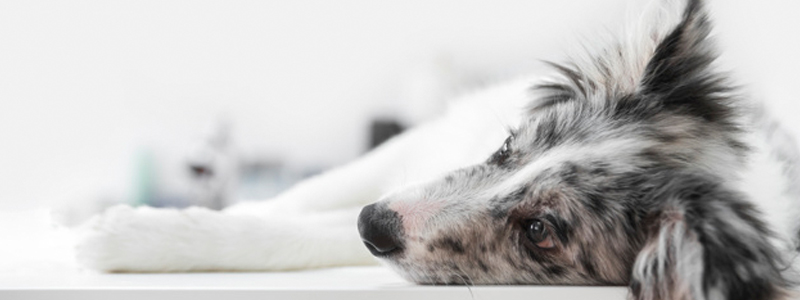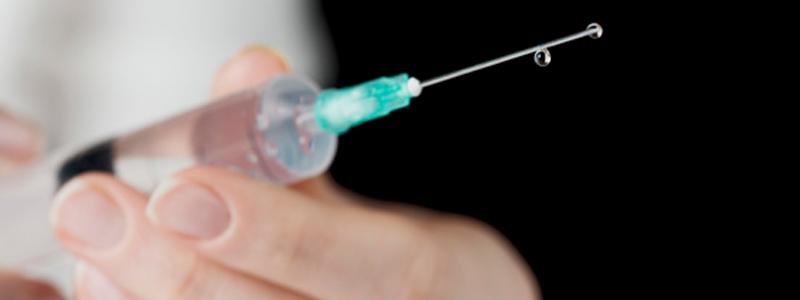By: Samantha Bartlett
The National Veterinary Services Laboratories (NVSL) confirmed two cases of SARS-CoV-2 infection in two pet domestic cats on April 22, 2020. One cat was living in a household with a person that had been diagnosed with COVID-19. The household with the second cat had no members that had been confirmed positive for COVID-19. In this instance, the virus was thought to have been transmitted by mildly ill or asymptomatic household members or through an infected individual outside of the home. These are the first pets in the United States to test positive for the virus. The two cats both had mild respiratory symptoms but are expected to make a full recovery. Prior to this, the only positive cases in pets were two dogs and a cat in China and a cat in Belgium. Other species that have tested positive include a tiger in the Bronx zoo. This tiger was living in an area with three other tigers and three lions that all developed respiratory signs within a week of each other. Fecal samples from all of these animals tested positive for SARS-CoV-2. In all of these cases except for the one cat in New York, the animals had had close contact with a person who had been confirmed positive for COVID-19.
Scientific research into the possible role of various animals in disease transmission revealed that domestic cats, ferrets and Syrian hamsters show potential for serving as animal models of human infection. Conversely dogs, chickens, ducks and pigs do not appear to be model hosts. To date, a definitive intermediate host has not been found. There is no evidence that domestic animals are easily infected with the virus under natural conditions. Currently there is no evidence that infection can be transmitted from pets to people. CDC and OIE recommendations are that people positive for COVID-19 limit contact with their pets. Ideally, ill persons should arrange for someone else to care for their pets until they have recovered. If that is not possible, ill persons should wear masks around their pets, wash their hands often and avoid contact with their pets as much as possible. It is not recommended to routinely test animals for SARS-CoV-2 and veterinarians are encouraged to rule out all other common causes of illness before considering testing of animals.











